Aging Center Affiliates
Collaborators
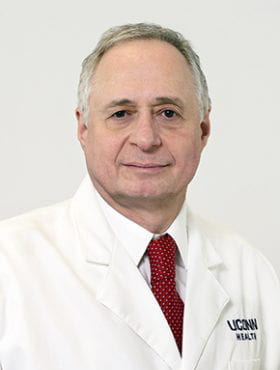
George A Kuchel, M.D., FRCP, AGSF
Professor, Chief of Geriatrics and Director of the UConn Center on Aging at the University of Connecticut in Farmington, CT
George A. Kuchel, MD is Professor, Chief of Geriatrics and Director of the UConn Center on Aging at the University of Connecticut in Farmington CT where he also holds the Travelers Chair in Geriatrics and Gerontology. Dr Kuchel’s research has focused on translational approaches to common geriatric syndromes and chronic diseases, with a particular emphasis on the development of geroscience-guided interventions into aging- and disease-related declines in immune responses to vaccines, mobility, cognition and bladder control. Among other funded ongoing projects, Dr Kuchel is multiple PI of the NIA Translational Geroscience Network and member of the leadership team for the TAME (Targeting Aging with Metformin) clinical trial.
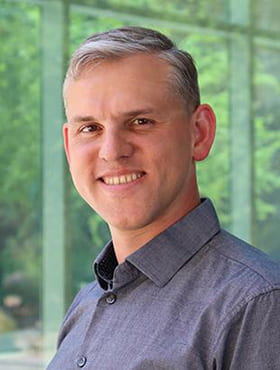
George Sutphin, Ph.D.
Assistant Professor, Molecular & Cellular Biology, University of Arizona
The goal of Dr. Sutphin’s research is to identify and characterize novel molecular mechanisms of aging. The Sutphin lab employs a comparative systems genetics pipeline that leverages the unique strengths of three model systems—humans, mice, and roundworms—to identify novel genetic and environmental factors that contribute to aging across animal species that can be beneficially targeted to extend healthy lifespan and treat age-associated disease. Our current focus is on three major areas: (1) developing automated methods to increase throughput and reproducibility of survival analysis in roundworms, (2) identifying the mechanisms underlying lifespan extension from interventions targeting tryptophan-kynurenine metabolism in mice and roundworms, and (3) understanding how animals respond when challenged with multiple, simultaneous forms of cellular stress.
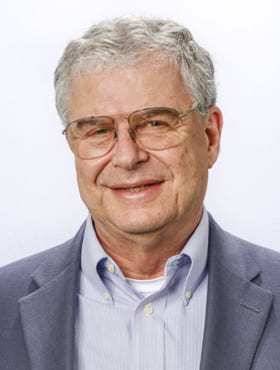
George Weinstock, Ph.D.
Professor, Director of Microbial Genomics, The Jackson Laboratory
The Weinstock laboratory studies the role of the microbiome in aging. In one human study, the inreased viral load in elderly versus young is being correlatd with host responses as a contributor to the “inflammaging” model for aging. In mouse studies, diversity outbred mice cohorts of various ages are used to correlate host phenotypes with microbiome composition, map host genes that influence quantitatve traits and the microbiome, and test causality of microbiome composition for host traits.
External Advisory Board
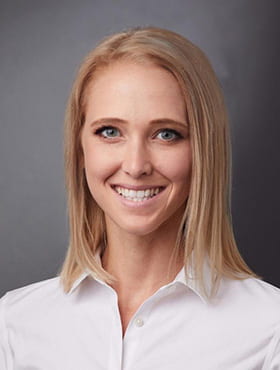
Morgan Levine, PhD
Assistant Professor, Pathology and Epidemiology Yale School of Medicine
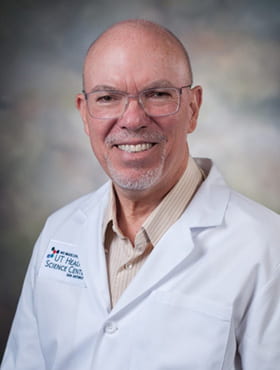
James Nelson, PhD
Professor, Department of Cellular and Integrative Physiology Barshop Institute for Longevity and Aging Studies University of Texas Health Science Center at San Antonio

Richard Sprott, PhD
Former Executive Director The Ellison Medical Foundation
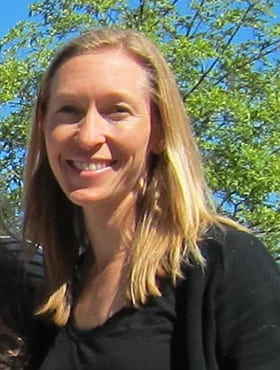
Ashley E. Webb, PhD
Assistant Professor, Department of Molecular Biology, Cell Biology and Biochemistry Brown University
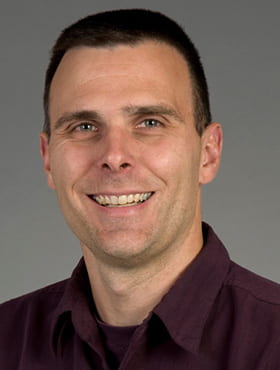
Matt Kaeberlein, PhD
Associate Professor, Department of Pathology University of Washington
